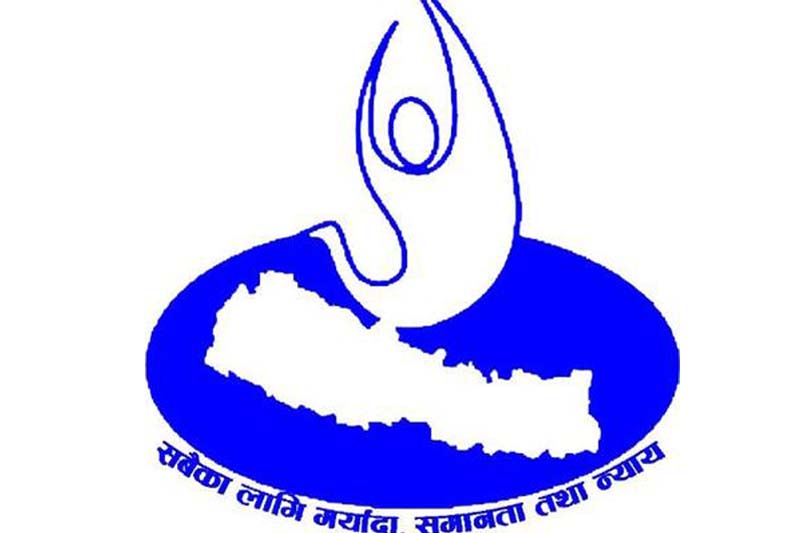NHRC, FNJ to form body to protect journos
Kathmandu June 13
The National Human Rights Commission and the Federation of Nepali Journalists have prepared a draft proposal for the formation of a mechanism that would ensure protection to journalists.
A meeting of the two organisations held here today decided to work together for the protection of journalists. The two institutions had been discussing the issue since 2012, said journalist Binod Bhattrai, adding that the draft had been handed over to NHRC.
At a programme organised by FNJ in Lalitpur today, NHRC Chairman Anup Raj Sharma said even journalists received indirect threats from state organs. “The mechanism will ensure the safety of journalists,” he said.
FNJ President Govinda Acharya said the FNJ was coordinating with the NHRC to ensure the safety of journalists. “We will reach an agreement with NHRC to promote freedom of expression,” said Acharya.
Robert Shaw, a representative of International Media Support, said politically Nepal was at crossroads. “Critical voices and independent journalism are more necessary in Nepal,” he added.
Former FNJ president Shiva Gaule and journalist Prateek Pradhan raised issues facing journalists in Nepal and the critique of the report ‘Defending Journalism’, which was launched today.
“Around the world, journalists work under immense risk and are subjected to threats, physical assault, imprisonment and even murder. The types of perpetrators are varied and growing and include extremist groups, government officials and individuals with power and influence. Meanwhile, impunity rates for those who commit these crimes are still hovering near 90 per cent,” states the report.
According to the report, the outcome of a seven-country research analyses in depth how safety responses have taken hold in these countries. The research documents said how despite the immense ongoing challenge in Afghanistan, Iraq, Nepal, and Pakistan, some important advances had been made to develop joint structures and innovate approaches to defend journalism.
“It examines the long road Colombia has followed in the establishment of its protection programme and looks at what organisations and bodies working on the ground in Indonesia and Philippines struggle against and what they have achieved using the resources available to them,” the report added.






